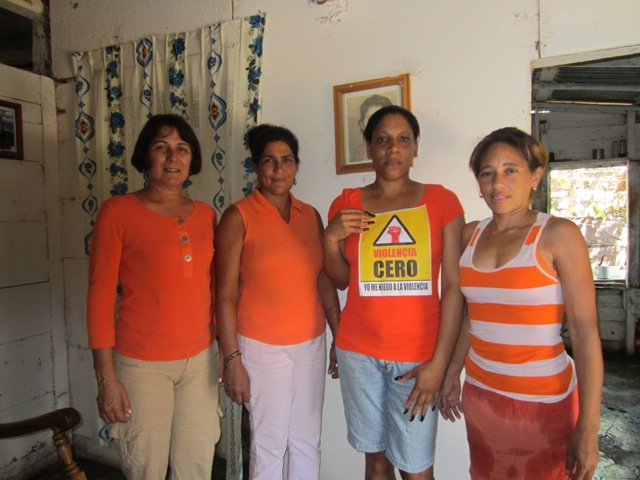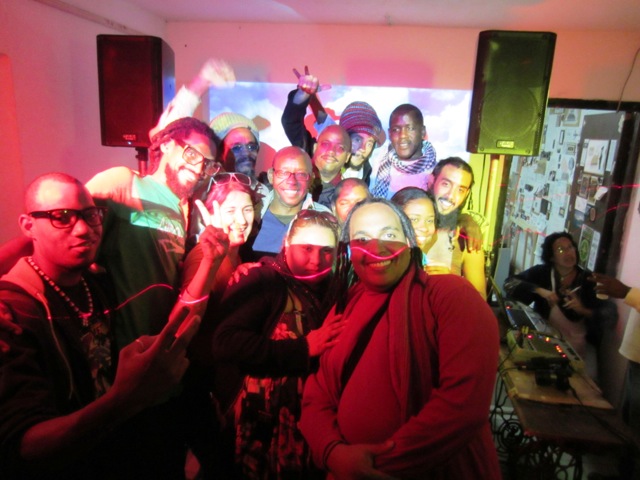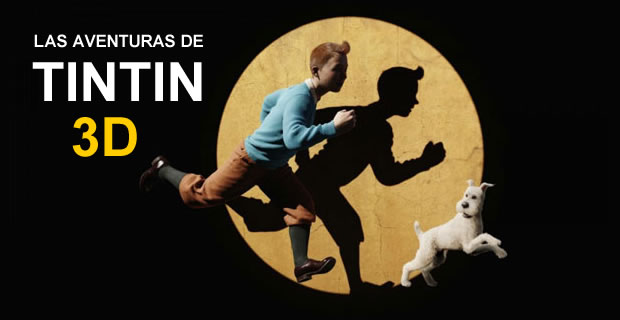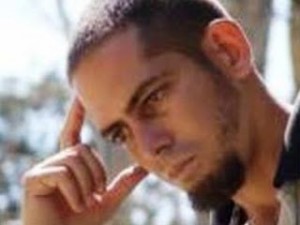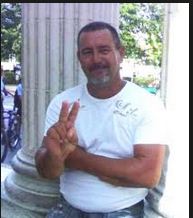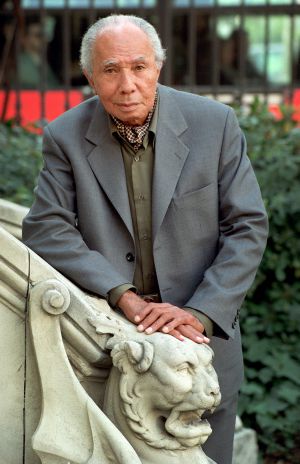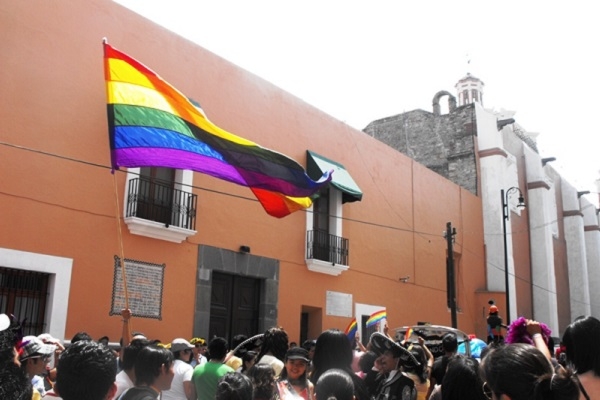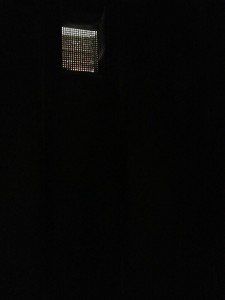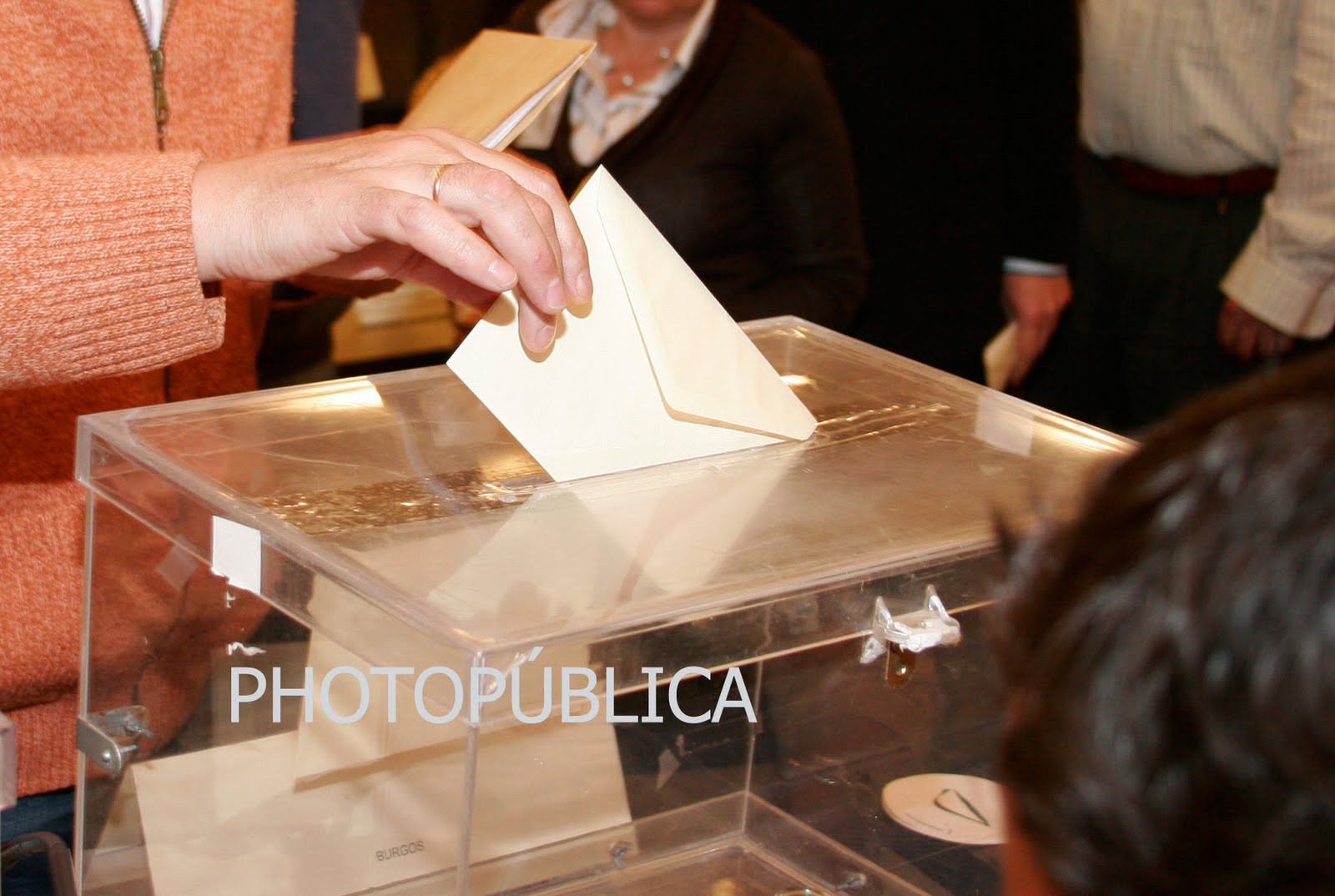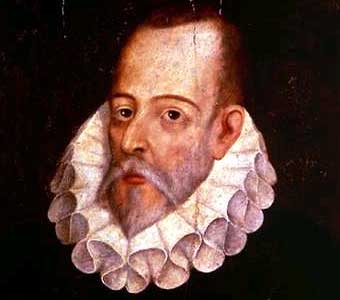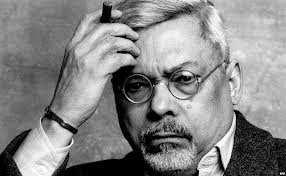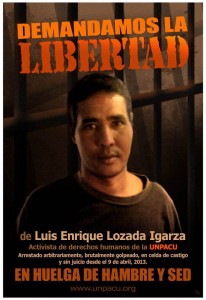
This photo has come to me somehow, has opened a door and I could see, within what I have at home, the formation of the rooms that I’ve designed in the last twenty years with the help of my country. The photo came accompanied by a text attributed to a gentleman called Jose Garcia Poveda, alias “el Flaco” — Slim — a foreigner who came to Cuba in 1990.
That year, synonymous for so many Eastern European countries with a wall that collapsed to leave men and women face to face, recognizing themselves as equals, for Cubans is synonymous with an uncertain drift between homelessness, frustration and death.
In 1990 I was fourteen and the director of Raul Gomez Secondary School, a good man — I believe I remember that well — assured me that the Food Program, a new mobilization strategy for agricultural production, would soon give amazing results, to the point that stamped on the back of the twenty peso banknote was a representation of the men and the technique of getting the fruits augured by the new plan.
But I’m not the kid with the plastic container nor the girl with the big shirt in this extraordinary photo, nor am I the cloud in the background nor the calm sea, that seems to wait for the stampede that will turn it into a more or less solid highway for a people seeking a destination. I am not the sole of the shoe without laces, nor the fly-away curls, nor the resting open hand as if asking the photographer not to go there, to continue waiting, that the work just started like the life in front of him and he, with his camera, can be the unique witness to what is coming.
The image suggests a photographer caught off guard, uncoscience of having his back to the storm and stuck in the middle of the field of view of his own lens.Unaware that in a country of cyclones this is not the first time that the tornado has formed over land and that, to reach these children, because no one will be saved, it will pass over his body until he can no longer recognize himself in the mirror.
A great work of “el Flaco,” if the note attached to the image is true. If today he took a photo of the same intensity, what should the hand gesture of this girl anticipate for the future of our country? What should the horizon suggest, divided between the big city and the open space? Knowing that I can just put the answer I want, I would like her hand gesture to be an omen of a nation with judgment and authority, and on the horizon there should be a magical reunion of reconciliation, essential to having a future less dramatic than what 1990 opened in my country.
9 March 2013

